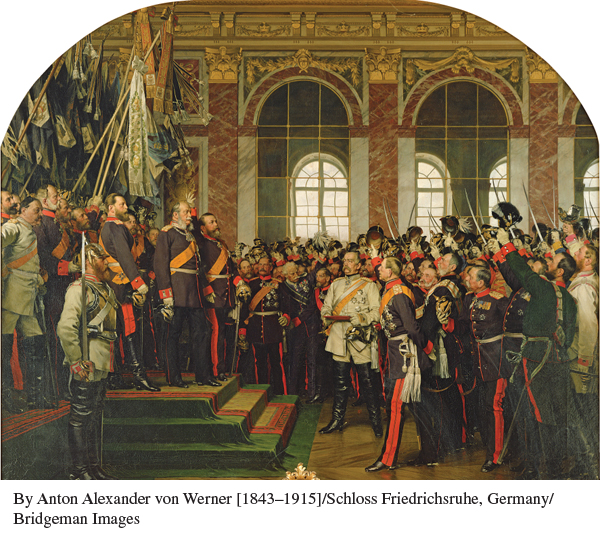A History of Western Society AP®: Printed Page 648-a
AP® Period 3: Introduction
AP® PERIOD THREE
The Long Nineteenth Century
c. 1815–

CHAPTERS
Pages 648-
While revolutions in France and across the Atlantic were opening a new political era, another revolution was beginning to transform economic and social life. The Industrial Revolution took off around 1780 in Great Britain and soon spread to continental Europe and the new United States. Industrialization profoundly modified much of human experience, with an impact in every realm of life. Together the political revolutions and the Industrial Revolution began a period that historians often refer to as “the long nineteenth century,” which ended with the start of the First World War in 1914. In this era, progress in industrialization allowed Britain and other Western nations to increase their dominance over other regions of the world and to create empires that were the capstone of Europe’s economic and technological transformation. Within Europe, the triumph of nationalism remade territorial boundaries and forged new relations between the nation-